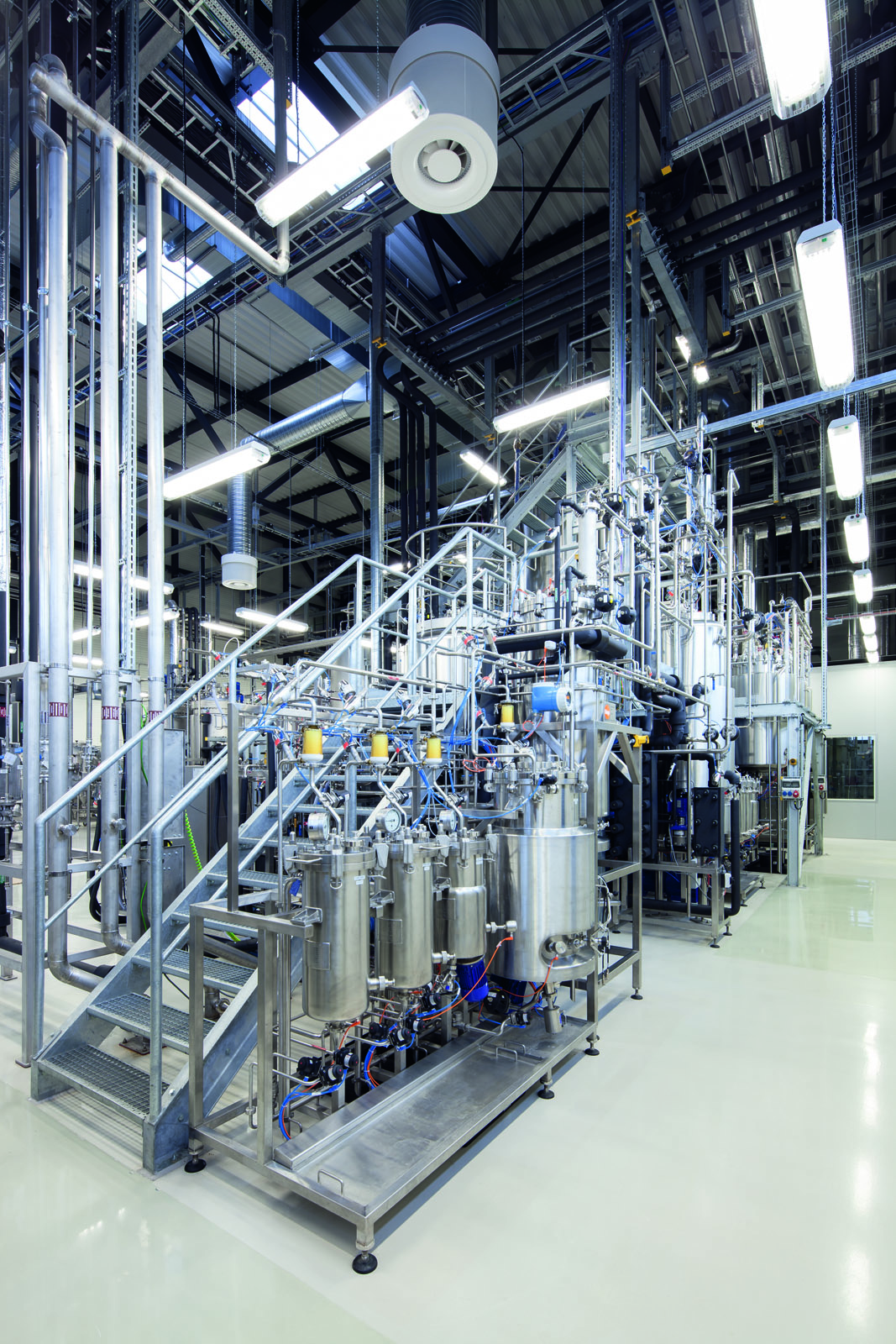IBISBA 1.0 is a H2020-funded project that aims at building a European distributed network of research facilities to provide innovation services and accelerate translation of bioscience research into industrial applications.

IBISBA 1.0 is a H2020-funded project that aims at building a European distributed network of research facilities to provide innovation services and accelerate translation of bioscience research into industrial applications.

Since October 2017, Fraunhofer IGB and 15 other European partners are developing a concept for a pan-European research infrastructure with the aim of accelerating future innovations in the field of Industrial Biotechnology and Synthetic Biology. The long-term goal is to define a European “Industrial Biotechnology Innovation and Synthetic Biology Accelerator” and to make it available for first use by selected industrial customers.
The overarching aim of IBISBA 1.0 is to support and accelerate the uptake of industrial biotechnology as a key enabling technology for advanced manufacturing. To do this, IBISBA 1.0 will provide a distributed network of research infrastructure facilities to promote R&D in bioprocess development and support this bioeconomy KET. The facilities cover a variety of experimental and in silico operations and disciplines, and together represent the R&D continuum in the range TRL2 to 6 needed to build quality biomanufacturing processes for industrialization.
In addition to hardware, IBISBA 1.0 will operate an ICT platform, linking all project events occurring on facilities, and external data repositories, and provide users with end-to-end project management and access to a wide variety of research assets. Together, these developments create the basis for a future pan-European research infrastructure for industrial biotechnology, the feasibility of which will be established during the project.
Through IBISBA 1.0, the participant facilities will be opened for transnational access, thus providing cutting edge technologies to a cross section of Europe’s researchers, including early career stage scientists. Users and facility operators will receive remote and on-site training, and immersion in the hallmark multidisciplinary environment of IBISBA 1.0. Transnational access will be facilitated by an ambition outreach plan that will provide users, including SMEs and other industry players, with complete information about service offers, but also insight into the potentiality of IPR held by IBISBA 1.0 partners and the opportunities for innovation. Interoperability will be a focus of considerable attention, with actions directed towards harmonization and the implementation of repeatable working practices that integrate experimentation with data analysis, and data management, thus providing the basis for the sharing and reuse of data assets in a framework of Open Science.

Through IBISBA, it was possible for researchers, SMEs and large companies to gain subsidized access to the specialized research structures and facilities of the IBISBA network. A total of five calls for so-called Transnational Access Projects (TNA) were published regularly, to which researchers from the public and private sectors could apply.
Fraunhofer IGB is involved in a total of four TNA projects with its working groups "Bioprocess Engineering" and "Bioprocess Scale-up" in the Industrial Biotechnology innovation field.
In 2021, the first TNA project was successfully completed in cooperation with the Belgian start-up company Calidris Bio, which is active in the feed and food industry. Here, a fermentation process for the production of microbial proteins was optimized and scaled up to the 1 m³ scale. This allowed the provision of relevant data and sample quantities at Fraunhofer CBP for process evaluation and product testing.
Calidris Bio uses microorganisms that can convert available substrates into biomass with high protein content. The resulting microbial protein is rich in essential amino acids, vitamins, prebiotics and special fatty acids with customized composition and is suitable for application as feed for livestock, aquaculture and pets. Together with Fraunhofer IGB, Calidris Bio succeeded in taking a first step towards commercializing their process.
July 2, 2020 − IBISBA within the global context of biofoundries and accelerated end-to-end bioprocess development

IBISBA 1.0 − Industrial Biotechnology Innovation and Synthetic Biology Accelerator
December 2017 – May 2022
This project has received funding from the European Union’s Horizon 2020 research and innovation programme under grant agreement no 730976.
